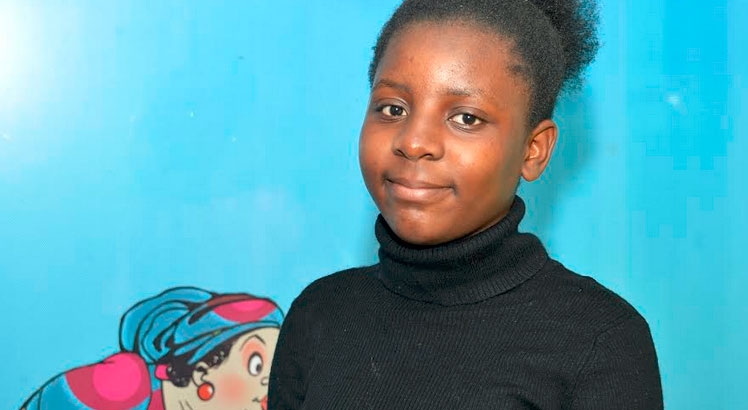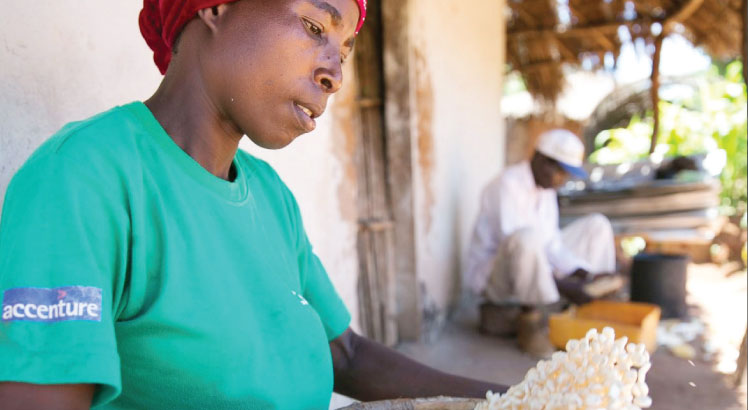Agenda of no purpose
February 10
For the United Democratic Front (UDF), 2009 held a promise; a promise of new beginnings. Bakili Muluzi, its charismatic leader and Malawi’s former president, was a figure of hope and defiance as he attempted to challenge a system that was conspiring against his desire to march in triumph to the gates of Sanjika Palace through a third term bid.
It was never to be. The year panned out wretchedly for the party. In March of that year, the courts threw spanners in the works and put a stop to his ambitions to rule Malawi again.
Shamed and short of options that would restore its dignity,UDF slouched into an uneasy (and ambiguous) electoral alliance with its sworn enemy, Malawi Congress Party (MCP). But that political venture, too, ended in copious tears as Bingu wa Mutharika ran away with the presidency.
UDF’s flirtations with fate was its undoing as it left the party so vulnerable close to the elections with a candidate who had excess luggage.
In a move that has eerie echoes of that 2009 debacle, word comes out that the party has penned the Speaker of Parliament Richard Msowoya demanding that the National Assembly releases to it some unspecified amounts in political party funding as specified in the Constitution.
What has annoyed the party is that the Speaker has either conveniently ignored them or is too taken up by matters of office to consider it an emergency.
The Clerk of Parliament Roosevelt Gondwe, however, has taken it upon himself to remind the party that its miserable showing in the last parliamentary elections qualifies it for nothing. Nix. Nada.
UDF insists the National Assembly owes it a bucketful of kwachas.
The bone of contention seems to be the interpretation or the misinterpretation of Section 40(2) of the Constitution, which reads: “The State shall provide funds so as to ensure that, during the life of any Parliament, any political party which has secured more than one-tenth of the national vote in elections to that Parliament has sufficient funds to continue to represent its constituency.”
My understanding of the law is so rudimentary as to serve no purpose at all but based on some factors other than the law, I know this: unlike 2009 when it had some wiggle room, this time around it is terribly wrong. Maybe not legally, but maybe morally.
It can only be UDF which sees grey areas in a Constitution it spent a decade baby-sitting as a ruling party. By UDF’s reckoning, Atupele Muluzi’s 717 224 votes (which represents 13.7 percent)which he received in last year’s election entitle the party to state funding.
Gondwe, however, contends the funding has to do with the number of MPs a party sends to Parliament, not how strong or weak its presidential candidate was.
On the flipside, if UDF insists on using the presidential elections results as the basis for claiming parliamentary funding, then the nation is due a hefty refund from the party for scoring exactly zero votes in its fateful alliance with MCP during the 2009 presidential elections. UDF never fielded a candidate after Muluzi was barred.
A case may be made that since MCP, its partner, received more than 10 percent of the presidential vote, it necessarily followed UDF would be entitled to state funding. John Tembo was never UDF’s candidate but the party drew funding until 2014.
Parties in the Mgwirizano Coalition, whose presidential candidate got about 25 percent of the vote in 2004, received absolutely zero kwachas if they got less than 10 percent of the parliamentary vote. UDF, like those parties, deserve zero kwacha.





